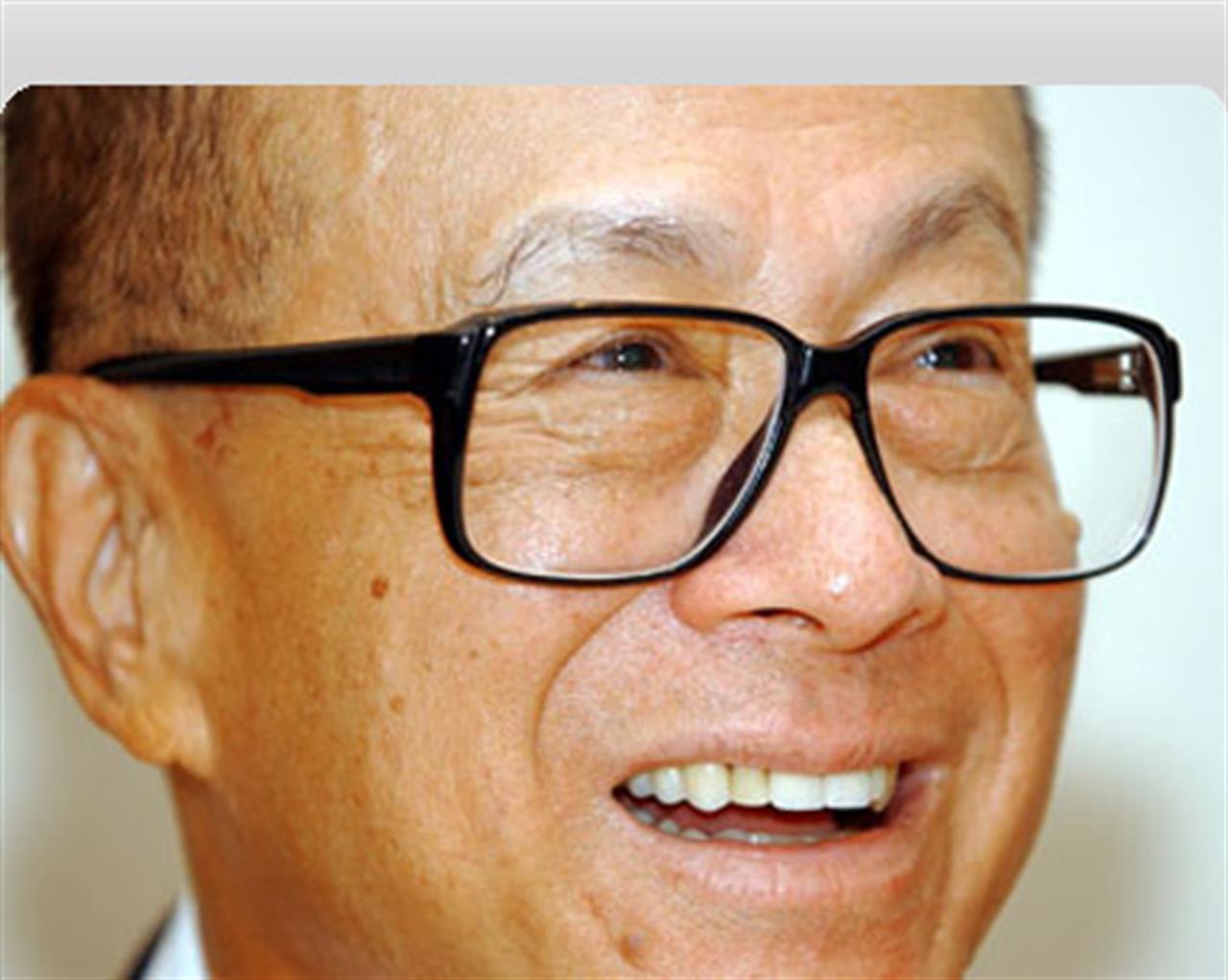Capitalism’s beating heart mixed with the spirit of the charitable benefactor hides behind the party’s red membership card. The strange blend that is the “red lantern” economy is generating a new breed of hybrid managers and entrepreneurs: foolhardy when it comes to business and liberalism (constrained only by the Politburo and permanent committees) and generous when it comes to giving to a Chinese third sector that has had a hard time finding an inch of living space in the People’s Republic.
Increasingly rich communists and increasingly generous philanthropists. To the point that luxury business portal Hurun takes on the USA’s Forbes by classifying, in its Hurun Report, the league of Beijing’s super rich, its most responsible companies and most generous donors. The event has already become a must for the Red Dragon’s jet set, heedless of the Confucian dictum to “give silently”, who see in it a reflection of their bountifulness.
Trustworthy?
At least 73 of the top 100 richest Chinese opened their purses in aid of the earthquake victims in May, giving a joint total equal to 135 million dollars. Four times the amount allocated by the government to cope with the tragedy that cost the lives of over 10 thousand people in May in Sichuan. But generosity “made in China” is not simply the result of the earthquake’s tragic jolt. The Hurun Report estimates that over the past 5 years, China’s top 100 donors have signed good deed cheques for about 1.8 billion dollars.
Here in Hong Kong
China’s Bill Gates is called Li Ka Shing. He lives in Hong Kong and is the most international of all the local entrepreneurs. Shing is chairman of Hutchinson Whampoa conglomerate, a multinational with an annual turnover of 40 billion dollars a year. Following in the lead of the Bill and Melinda Gates Foundation, China’s business Superman decided to donate one third of his patrimony (about 10 billion dollars) to his foundation that finances universities, research centres and welfare projects. Suspicions, however, arise as no balance of charitable activities can be found anywhere, suggesting that perhaps his generosity is driven more by a desire to circumvent the Chinese inland revenue.
Hit list
Outside of Hong Kong, the number one philanthropist is Yu Pengnian, an 86 year old building magnate native to Shenzen. Mr Yu donated 420 million dollars (about 80% of his net profits) to his family foundations – the Yu Charitable Foundation and the Shenzen Yu Pengnian Social Welfare association – dedicated to assisting rural populations. The number two is Zhu Mengyi, a realtor, who donated 148 billion dollars and in third place comes Huang Rulun, head of hotel chain Jinyuan, with 120 billion dollars. At sixth place there is also a woman, Yang Lan of Sunmedia Investments with donations equal to 45 million dollars.
The role of foundations
The social dynamism of China’s entrepreneurs has started to create openings within the party: at the last congress, in 2007, donations to the third sector were approved for the first time. Not that there hadn’t been tax breaks before, these have always existed in China. Pity that they only counted for the 20 charities that the party itself promoted.
Today the money box should start to fill up, although there are not few problems. Three quarters of the money donated is vehicled by foundations that are not placed under external scrutiny nor are required to be accountable. A veil of mystery that has lead Forbes to cross the Philanthropy China List off its publication: “Little certain information, too many magnates that don’t want to appear and too many charities that are under, or not at all, developed”.
Find out more: www.hurun.net
Cosa fa VITA?
Da 30 anni VITA è la testata di riferimento dell’innovazione sociale, dell’attivismo civico e del Terzo settore. Siamo un’impresa sociale senza scopo di lucro: raccontiamo storie, promuoviamo campagne, interpelliamo le imprese, la politica e le istituzioni per promuovere i valori dell’interesse generale e del bene comune. Se riusciamo a farlo è grazie a chi decide di sostenerci.

